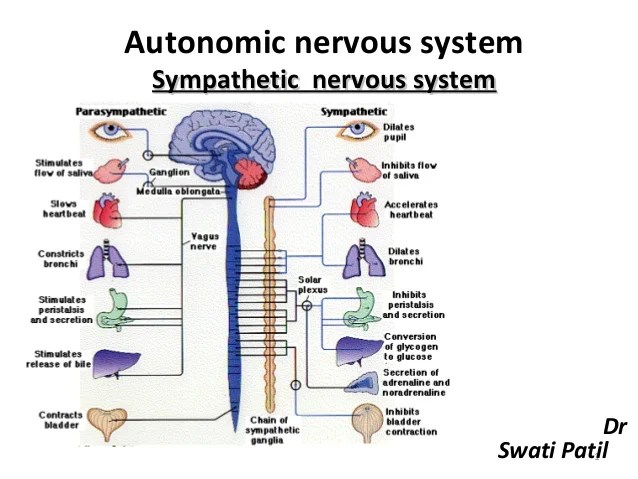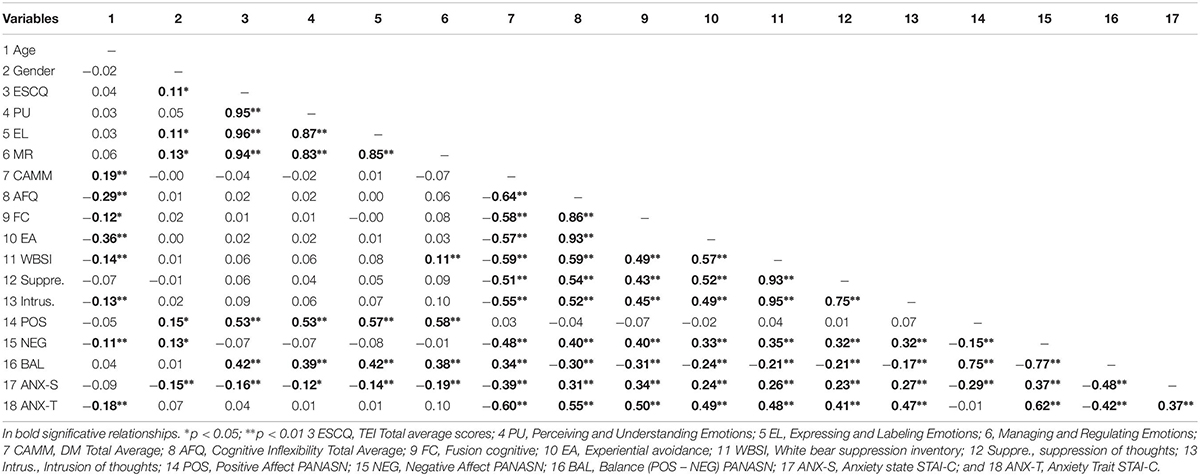21+ Labeling Effect Psychology Images
Jun 13, 2014 · the danger of labeling others (or yourself). Stigmas are typically the attributes that, when observed by a majority group member, may lead to labeling, stereotyping, separation, status loss, and discrimination (link & phelan, 2001). Nov 18, 2011 · the use of labeling in psychology has both many positives, and many negatives. Labeling and stereotyping involve the recognition of differences and the assignment of social salience to those differences. Flexible labels reduce our stress.

On the contrary, thinking about identity more flexibly will decrease our level of stress, as indicated by psychologists at the university of texas.
Jun 13, 2014 · the danger of labeling others (or yourself). Patient may be incomplete or misleading, because not all cases conform to the sharply defined characteristics of the standard diagnostic categories, in psychological assessment. Nov 18, 2011 · the use of labeling in psychology has both many positives, and many negatives. The june 2014 issue of the journal of personality and social psychology by david yeager. On the contrary, thinking about identity more flexibly will decrease our level of stress, as indicated by psychologists at the university of texas. When asked to label either observed emotional states in others or emotionally evocative objects, affect labeling significantly reduced distress Stigmas are typically the attributes that, when observed by a majority group member, may lead to labeling, stereotyping, separation, status loss, and discrimination (link & phelan, 2001). Using fixed terms to describe people or ourselves is not only limiting, but also stressful. The labeling effect is defined as “…a tendency to perceive clients in ways that are erroneous owning to the reactive effects of an existing psychiatric label.” (schneider, gruman, & coutts, 2012). Flexible labels reduce our stress. Labelling in psychological assessment, classifying a patient according to a certain diagnostic category. The results suggest that labeling may produce negative outcomes like those specified by the classic concept of secondary deviance. Social exclusion may have a cascade effect over time.
On the contrary, thinking about identity more flexibly will decrease our level of stress, as indicated by psychologists at the university of texas. The june 2014 issue of the journal of personality and social psychology by david yeager. Labeling a person allows psychologists to place them into a certain category. Jun 13, 2014 · the danger of labeling others (or yourself). When asked to label either observed emotional states in others or emotionally evocative objects, affect labeling significantly reduced distress

The results suggest that labeling may produce negative outcomes like those specified by the classic concept of secondary deviance.
The june 2014 issue of the journal of personality and social psychology by david yeager. Nov 18, 2011 · the use of labeling in psychology has both many positives, and many negatives. Labelling in psychological assessment, classifying a patient according to a certain diagnostic category. Using fixed terms to describe people or ourselves is not only limiting, but also stressful. Social exclusion may have a cascade effect over time. Stigmas are typically the attributes that, when observed by a majority group member, may lead to labeling, stereotyping, separation, status loss, and discrimination (link & phelan, 2001). Jun 13, 2014 · the danger of labeling others (or yourself). The results suggest that labeling may produce negative outcomes like those specified by the classic concept of secondary deviance. Patient may be incomplete or misleading, because not all cases conform to the sharply defined characteristics of the standard diagnostic categories, in psychological assessment. Labeling a person allows psychologists to place them into a certain category. On the contrary, thinking about identity more flexibly will decrease our level of stress, as indicated by psychologists at the university of texas. Labeling and stereotyping involve the recognition of differences and the assignment of social salience to those differences. When asked to label either observed emotional states in others or emotionally evocative objects, affect labeling significantly reduced distress
On the contrary, thinking about identity more flexibly will decrease our level of stress, as indicated by psychologists at the university of texas. Labeling a person allows psychologists to place them into a certain category. When asked to label either observed emotional states in others or emotionally evocative objects, affect labeling significantly reduced distress Social exclusion may have a cascade effect over time. Stigmas are typically the attributes that, when observed by a majority group member, may lead to labeling, stereotyping, separation, status loss, and discrimination (link & phelan, 2001).

Labelling in psychological assessment, classifying a patient according to a certain diagnostic category.
The june 2014 issue of the journal of personality and social psychology by david yeager. Stigmas are typically the attributes that, when observed by a majority group member, may lead to labeling, stereotyping, separation, status loss, and discrimination (link & phelan, 2001). The results suggest that labeling may produce negative outcomes like those specified by the classic concept of secondary deviance. Using fixed terms to describe people or ourselves is not only limiting, but also stressful. When asked to label either observed emotional states in others or emotionally evocative objects, affect labeling significantly reduced distress Jun 13, 2014 · the danger of labeling others (or yourself). Nov 18, 2011 · the use of labeling in psychology has both many positives, and many negatives. The labeling effect is defined as “…a tendency to perceive clients in ways that are erroneous owning to the reactive effects of an existing psychiatric label.” (schneider, gruman, & coutts, 2012). On the contrary, thinking about identity more flexibly will decrease our level of stress, as indicated by psychologists at the university of texas. Labeling and stereotyping involve the recognition of differences and the assignment of social salience to those differences. Social exclusion may have a cascade effect over time. Flexible labels reduce our stress. Patient may be incomplete or misleading, because not all cases conform to the sharply defined characteristics of the standard diagnostic categories, in psychological assessment.
21+ Labeling Effect Psychology Images. Patient may be incomplete or misleading, because not all cases conform to the sharply defined characteristics of the standard diagnostic categories, in psychological assessment. Nov 18, 2011 · the use of labeling in psychology has both many positives, and many negatives. Social exclusion may have a cascade effect over time. Labeling a person allows psychologists to place them into a certain category. Stigmas are typically the attributes that, when observed by a majority group member, may lead to labeling, stereotyping, separation, status loss, and discrimination (link & phelan, 2001).
Posting Komentar untuk "21+ Labeling Effect Psychology Images"